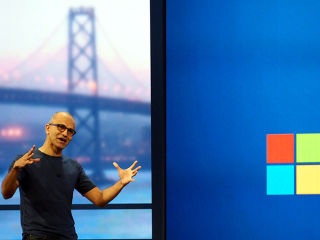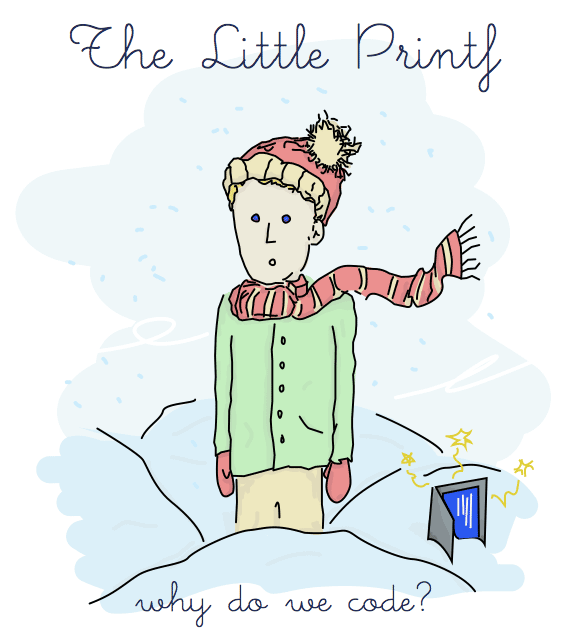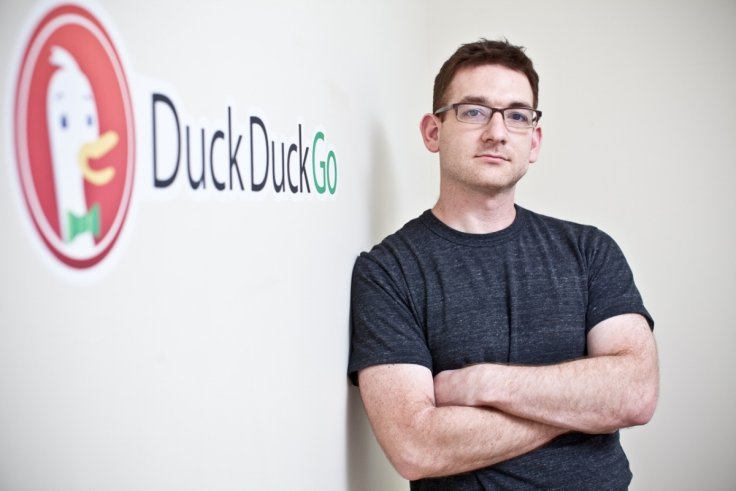
I wandered up a couple of flights of stairs, through Moynihan Station’s cavernous halls, and sat down with Nadella to ask him what he’d meant by his remark. “The lesson we have learned is that there’s going to be more personal computing in our lives,” he replied. Forms will change, functions will change, devices will change, he explained, and so, “You can’t fall in love with this one thing becoming the hub for all things and for all time to come.”
That philosophy is, in many ways, the opposite of the old Microsoft. The company under Bill Gates and Steve Ballmer was a hyper-competitive, cutthroat organization focussed on getting as many people as possible to run Microsoft software on personal computers. The company was so in love with P.C.s (the hub for all things and for all time to come) that it came late to the Internet and much, much too late to mobile phones. Windows used to run on ninety per cent of computing devices; now, with the rise of Android and Apple phones, it runs on eleven per cent.
Nadella, who took over as C.E.O. in February of 2014, is changing the company both strategically and by personal example.
Source: Satya Nadella and Microsoft’s Very Good Day – The New Yorker





